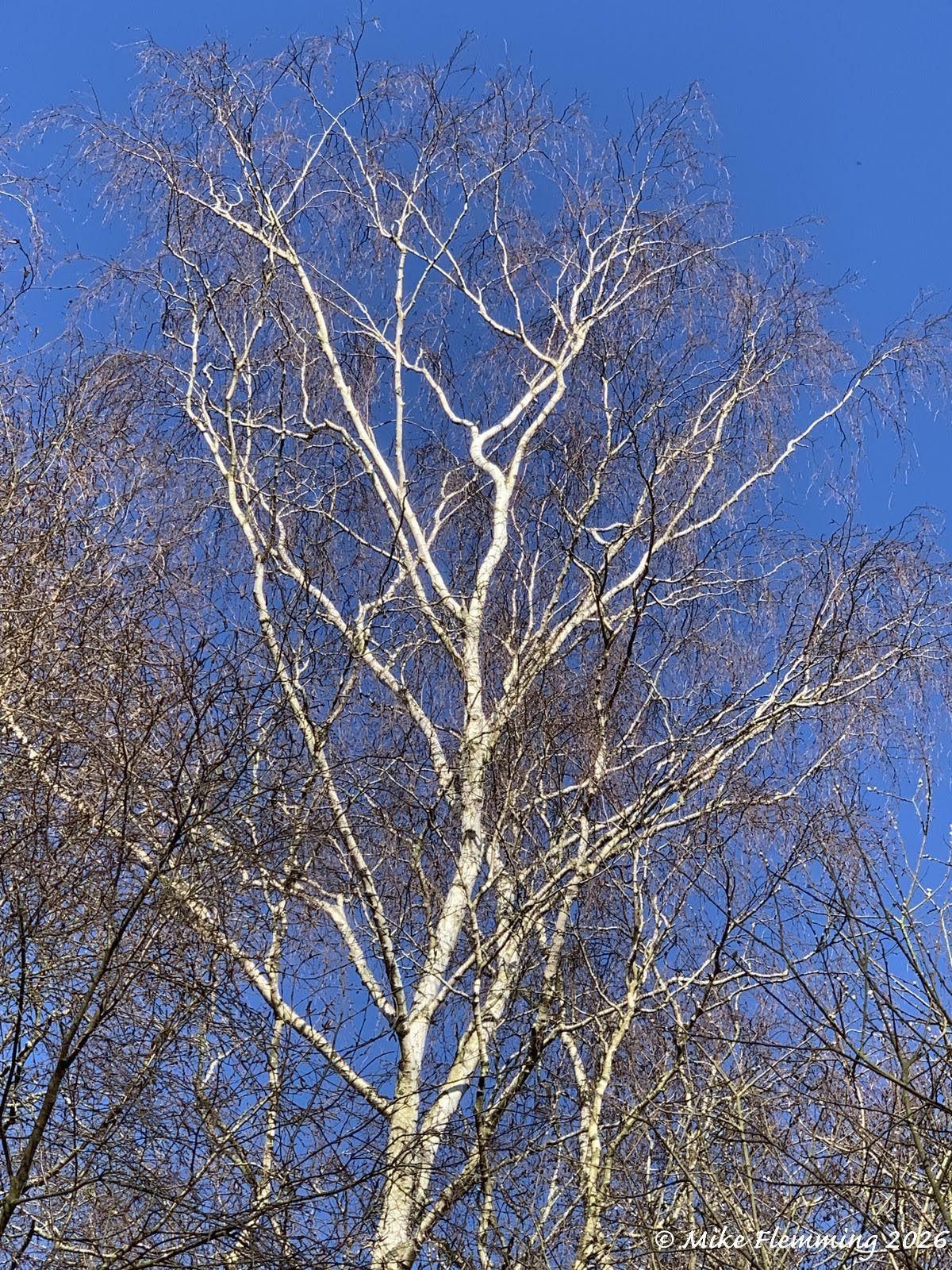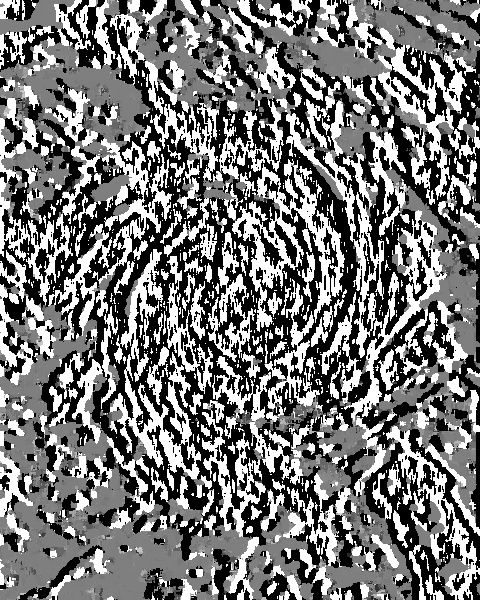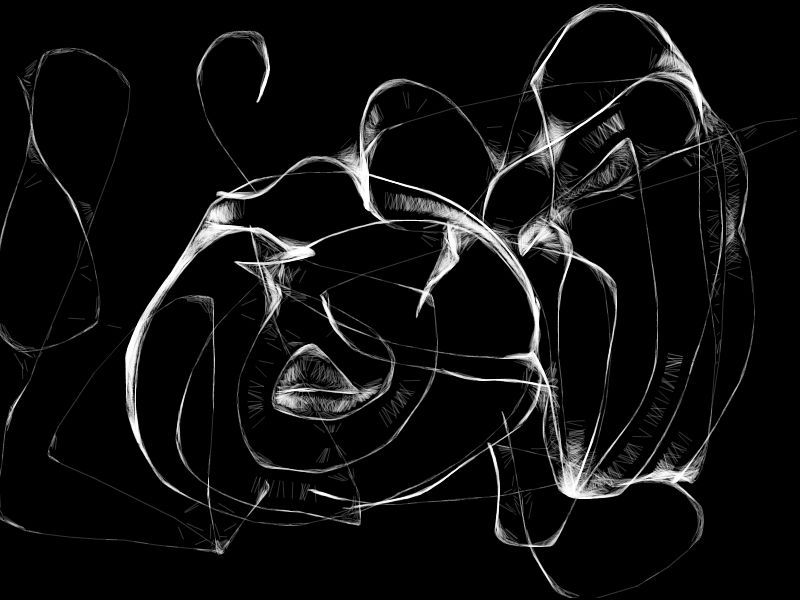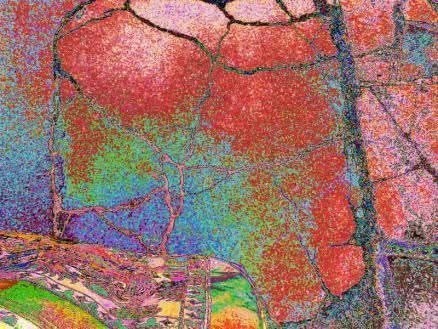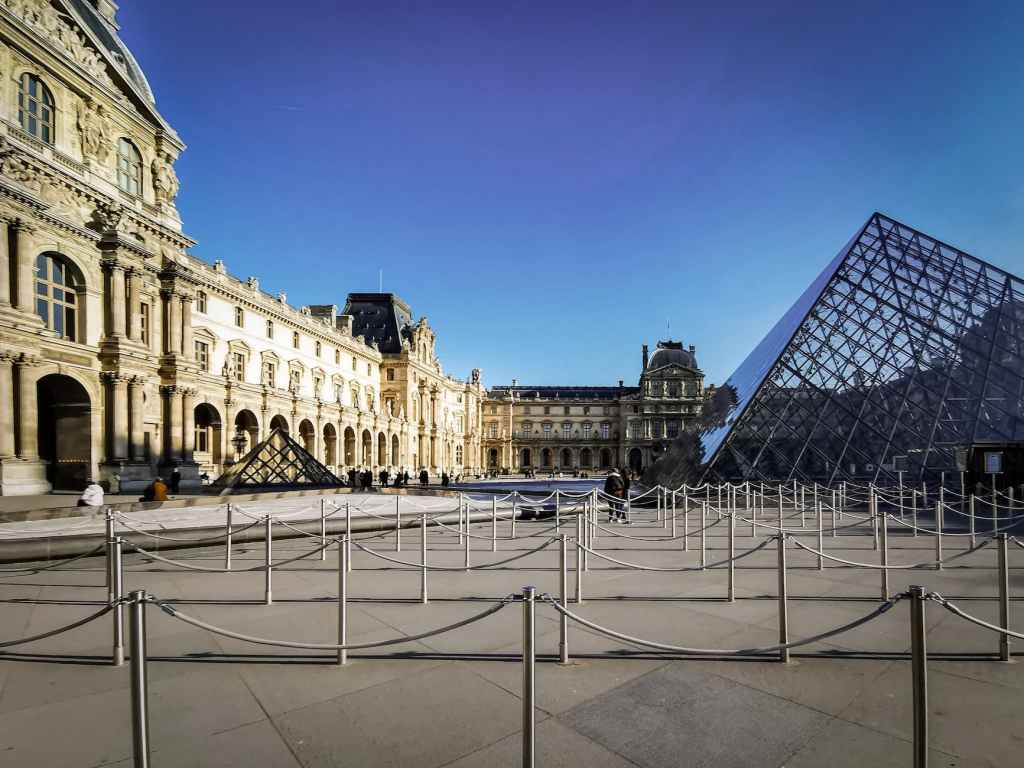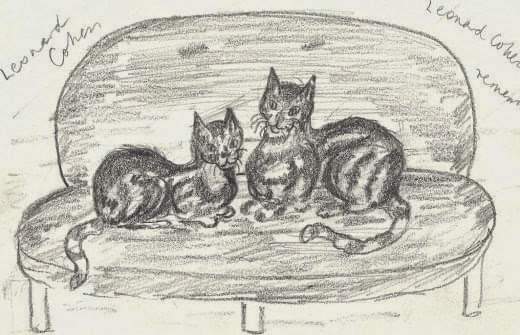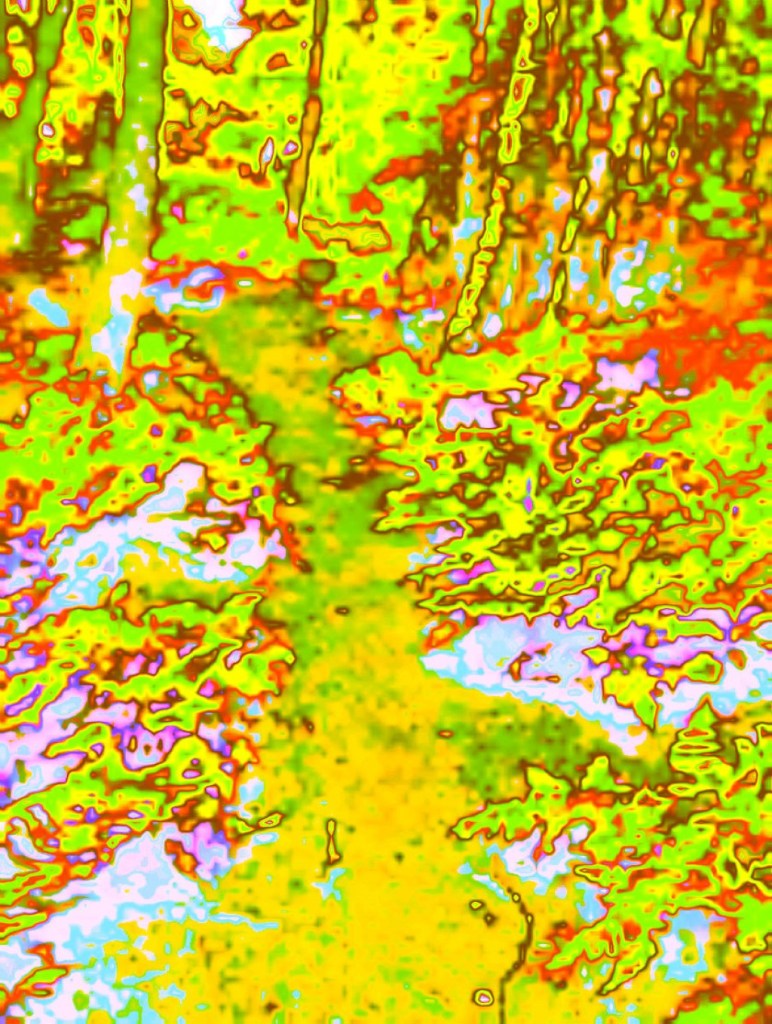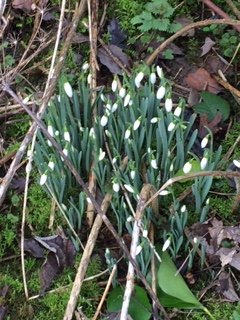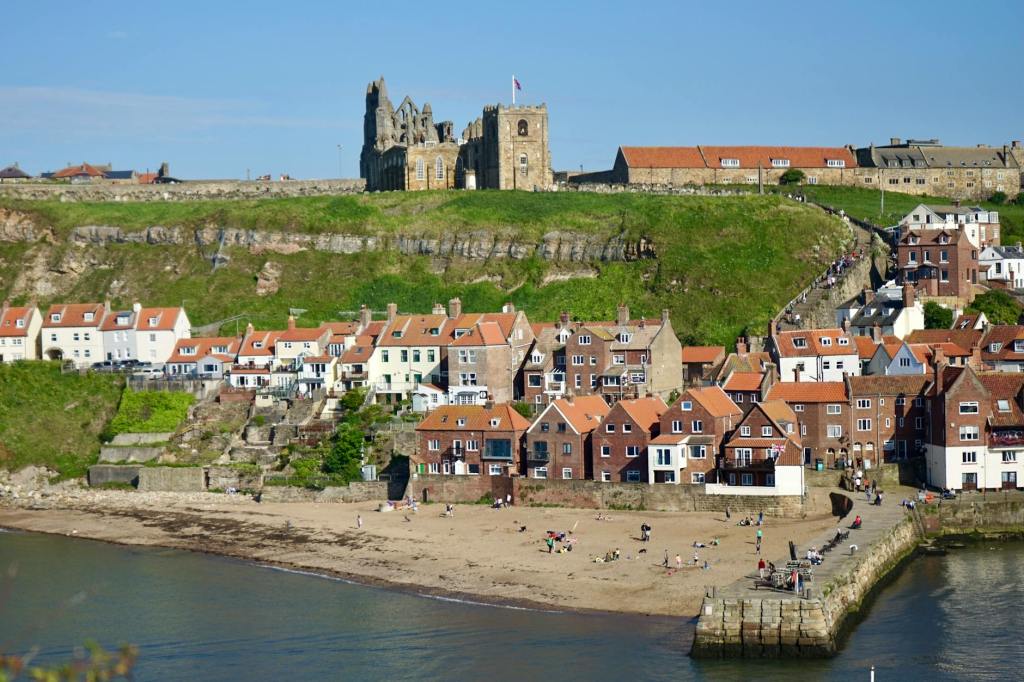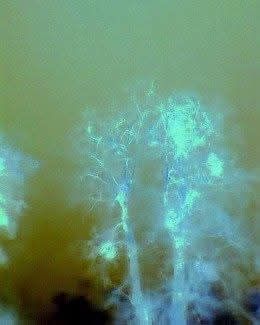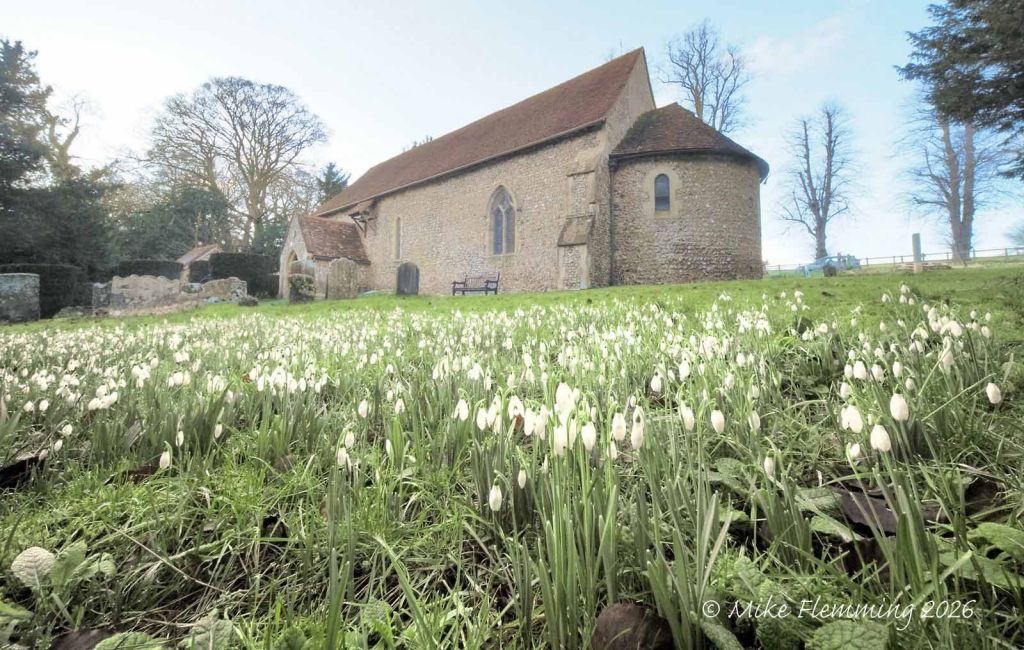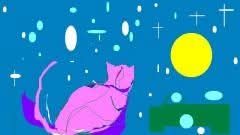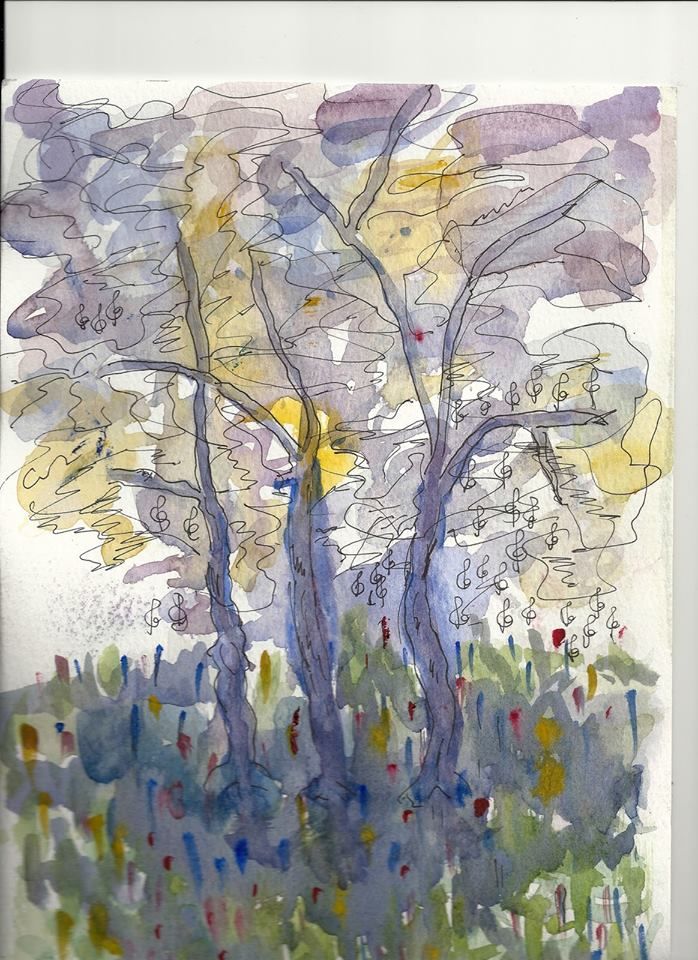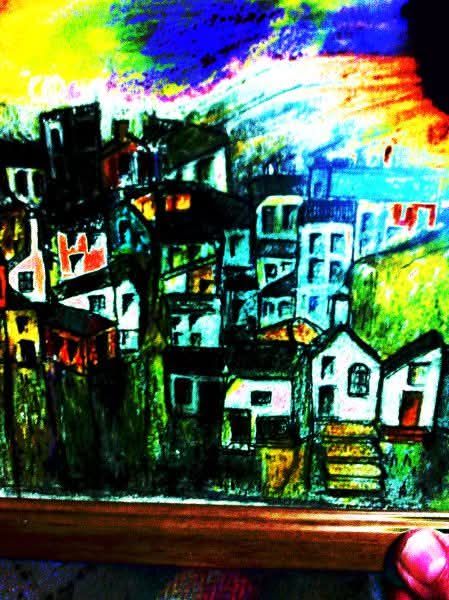
Stan the aged yet sexy senior citizen was outside polishing the brass doorstep till it gleamed in the early sunshine leaking from a blue and orange sky.
“My goodness,these microfibre cloths are wonderful” he thought intrigued.
Mary was out taking a load of clothes to the Oxfam Shop.
Suddenly he heard a loud cry.,then he felt a pair of hands fondling the top of his bald head and tugging on his beard.
“Eeh,no rest for the wicked,even at 81,” he screamed.He staggered to his feet and rubbed his nose with his knees.
“Just give me a hand” ,he said,”I’ll have to stretch my hamstrings.They tighten up so.”
“I’ll stretch them for you!” Annie whispered naughtilyStan leant forward to touch his toes and she could not resist the temptation to give his bottom a hearty slap.
“For God’s sake,Annie” he shouted faintly.
“Someone might see that.”
“Don’t worry,there’s no-one around at this time of the day”
she tittered in her usual female manner..
“Oh,yes there is!”
It was Dave,the paramedic.He had been lying behind the wheelie bins,all three of them standing plaintively and unwanted in the tiny front garden.
“I’m an MI5 spy,and I’ve been reading your blog,Mr Brown.
We need you to answer a question”
“I’m not called Brown”,said Stan nerdishly.
“Refuses to accept reality,”Dave wrote in his little notepad with some blood he had taken from himself earlier,
“Jesus Christ!”, said Stan.
“Now,now” said Dave,”that’s not your name.
“No my name is Tan,not Brown,you’ve been reading the wrong blog!
“Stan Tan!”
Dave appeared crestfallen.
“Any chairs need mending today?”
“My what beautiful ears you have,sweetheart,” he said to Annie,
“They look like sea shells by the Dead Sea”
“Your eyes are like shallow pools in Lake Windermere during a summer thunderstorm.”Annie replied womanfully,sarcasm being alien to her nature.
“Are you still a transvestite?” she followed on incoherently yet logically.
“No,I had a mystical experience and now I’m a Zen Buddhist”
“How did that happen?” demanded Stan querulously.And can’t you be both?
“Well,I was knitting myself a Shetland lace sweater in pale blue mohair,and I suddenly had the feeling that everything was interwoven.
Going forward or backwards,sideways or straight ahead,it is all part of the warp and weft of life.
“mistakes don’t matter” he continued emotionally.
“Oh,yes,they do,”Annie said pouting her full lips,cherry pink by courtesy of L’oreal of Paris and New York,lip balm by Yves St Laurent,peach foundation by Lancome also of Paris,toning smokey grey mascara by Max Factor,handbag Annie’s own,deep burgundy 70 denier tights by M&S,Grey pointed ballet slippers by Bally of Switzerland.[also available in black,red and teal].Raspberry lingerie by ,strangely,M&S.
“As I was saying..,”
Dave dived back behind the wheelie bin.
Stan polished the brass and Annie disappeared in a patch of woodbine..
It was Mary’s famous and loud vocal imitation of a bicycle bell that had alerted them to her imminent return from the Oxfam shop.
“Don’t they make bike bells any more?” Dave boringly wondered as he carried on reading the new life of Emily Dickinson “A loaded gun.” He thought it was an army training manual,but,hey,mistakes don’t matter!Or do they?
Read the next instalment yesterday at your local newsagent or here free of interest,hope or love.Any additions welcome.
All donations to Oxfam.
